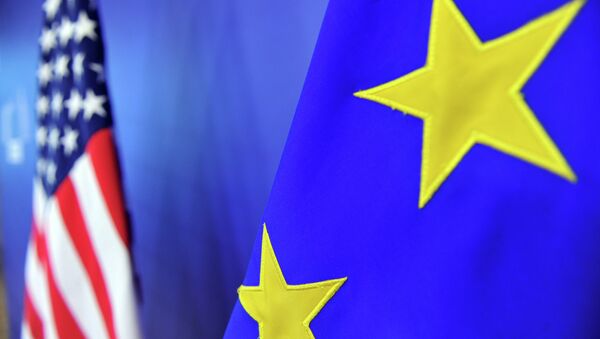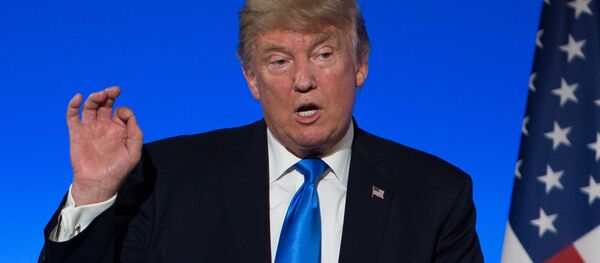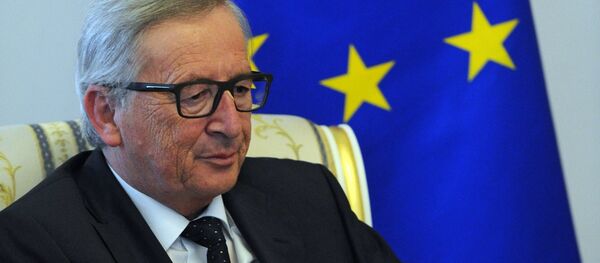European Commission Spokesman Margaritis Schinas said earlier in the day that the EU Commission was concerned over the potential impact of the new sanctions on the bloc's energy security. On Sunday, media reported that Jean-Claude Juncker, the European Commission president, urged for a review of the potential EU response in the event European energy companies or other businesses were targeted by the US sanctions over their relations with Russian firms.
"To ensure that the EU does not suffer from US sanctions against Russia, it is enough that they will not be recognized and distanced. By doing so a double 'positive' result can be received. The anti-Russian front will split, and the EU will begin to regain a bit of its independence from the USA that has been lost for decades," Ferrari said.
The politician said that he was glad to see that "the front of the sanctions" was breaking.
"Before the EU took orders from the US. Now, it seems to me, that Brussels is trying to move independently. Sanctions against Russia, whether made by the US or the EU, are wrong. Trump, in my opinion, can agree on new sanctions against Russia only in attempt to resist accusations against him that may cause possible impeachment. I think and hope that new sanctions are just 'propaganda' and nothing serious," Ferrari said.
On Saturday, the US Congress released the text of the bill targeting Russia, Iran and North Korea, which both chambers of Congress agreed upon. The House of Representatives will reportedly vote on the bill on Tuesday. Some of the measures in the draft text might target European firms for collaboration with Russia on energy projects.
Commenting on the issue, Kremlin spokesman Dmitry Peskov said Monday that Moscow was vehemently opposing any new US sanctions as harmful not only to Russian-US ties but also against the interests of third countries.




